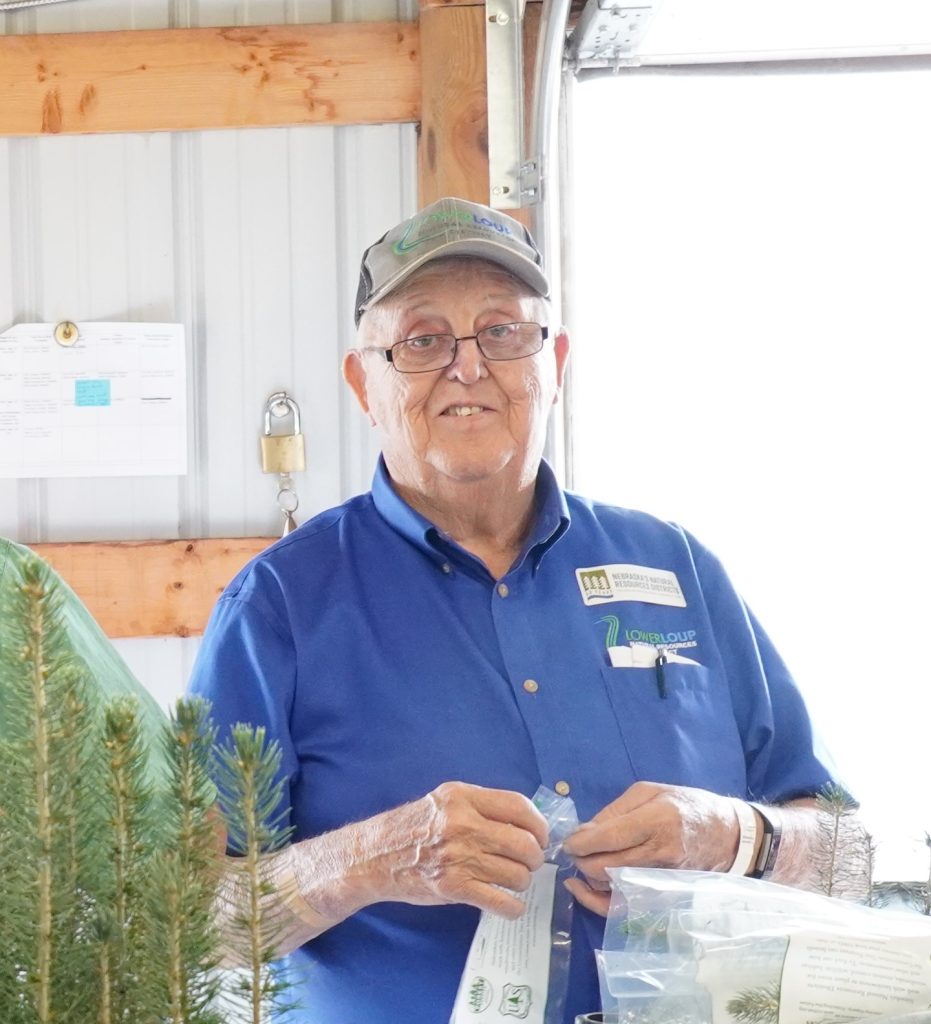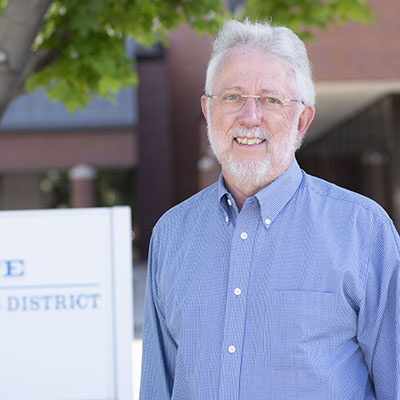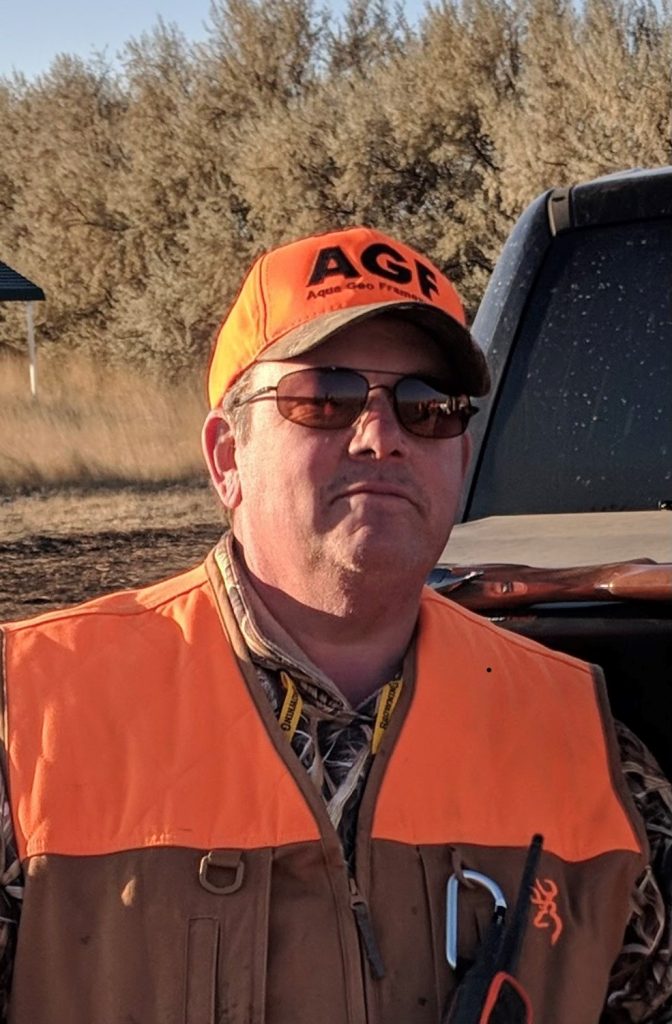Three individuals honored for conservation work
Nebraska’s Natural Resources Districts recently recognized three individuals, who will be inducted into the NRD Hall of Fame later this month.
“Nebraska’s Natural Resources Districts’ projects involve many dedicated individuals working to make the good life great,” said Orval Gigstad, president of the Nebraska Association of Resources Districts. “We’re proud to recognize these outstanding individuals for the significant improvements they’ve made to our natural resources, and the NRD Hall of Fame is one small way to thank them.”
Annually, Nebraska’s NRDs nominate and vote for individuals who have made significant contributions to improving the state’s natural resources. Hall of Fame categories include an NRD Director, NRD Employee and NRD Supporter. The NRD Supporter includes an individual outside the NRD system who has shown tremendous care and leadership in Nebraska’s ongoing conservation efforts.
2023 NRD Hall of Fame inductees:
- NRD Director—Darwin Anderson, Columbus, Nebraska
- NRD Employee—Kent O. Miller, North Platte, Nebraska
- NRD Supporter—James Cannia (posthumously), Mitchell, Nebraska
Darwin Anderson—NRD Director
In his time with the Lower Loup NRD, Anderson has attended nearly 600 board meetings (so far), racking up more than 115,000 miles traveling to the NRD headquarters in Ord, Nebraska, and back home again. In addition to his many other roles and committees with the NRD, he served as secretary for 25 years.

As a former Platte County highway superintendent, Anderson’s professional experience in bridge construction, road maintenance, culvert placement, right of way policies, and public safety has proved valuable to the Lower Loup NRD when working on flood prevention and erosion issues. Anderson has also been a member of the Lower Platte Weed Management Area since its founding. The group works to control the spread of noxious and invasive plants, and to raise awareness through education. A priority for the group is working with landowners to control invasive phragmites in wetlands and in riparian areas.
“Darwin is always willing to donate his time to help at the regional Envirothon competition or hand out trees at Husker Harvest Days,” said Lower Loup NRD General Manager Russ Callan.
Kent O. Miller—NRD Employee
During his 50-year career, Miller has been instrumental in many beneficial conservation projects. In the 1980s, he worked with the Nebraska Department of Natural Resources and the irrigation canal companies to help set up the incidental water rights system, which allowed the canal systems to operate with less water and keep their water rights across the system. Miller has promoted the South Platte Compact for more than 20 years and due to his persistence, headway is currently being made to bring additional water to the State of Nebraska from Colorado. In 2012, under Miller’s guidance the Twin Platte NRD and the Republican Basin NRDs formed the Nebraska Cooperative Republican Platte Enhancement project. Most recently, Miller has been instrumental in the creation of the Twin Platte NRD’s Water Data Program that uses technology to calculate ag producers’ real-time water use.

Miller has both bachelor’s and a master’s in civil engineering from the University of Nebraska-Lincoln. In 1975 he was certified as a professional engineer in both Nebraska and Colorado.
James Cannia—NRD Supporter (posthumously)
Before his untimely death in August 2020, Cannia worked with many NRDs across that state during his varied career in hydrology.
According to Lower Platte South NRD Water Resources Coordinator Dick Ehrman, Cannia developed what is arguably the most comprehensive groundwater monitoring network in Nebraska while working for the North Platte NRD. Cannia systematically installed hundreds of monitoring wells in a grid-like pattern throughout the North Platte valley. In the early 2000s, this network of wells was critical in building the Platte River Cooperative Hydrology Study model.

After many years of public service, Cannia co-founded Aqua Geo Frameworks, a company specializing in airborne electromagnetic surveys and hydrogeologic framework models. He was directly involved in nearly every AEM survey in Nebraska before his passing. He advocated strongly for its widespread adoption to solve critical groundwater challenges. Today, nearly 30,000 line-miles of AEM surveys have been flown in the state, making Nebraska a world leader in the use of this technology.
“Jim had the foresight to know the long-term value of the monitoring data,” Ehrman said. “His dedication to the profession and boundless enthusiasm had a profound impact on the conservation and protection of Nebraska’s groundwater.”




